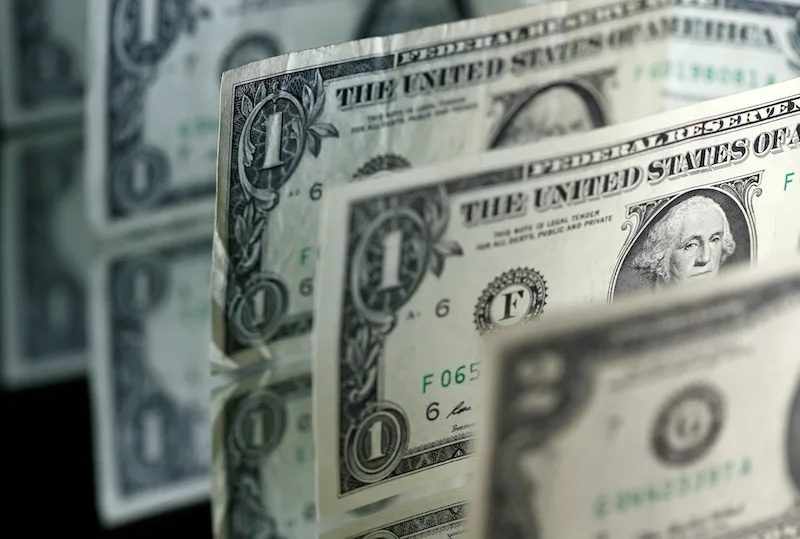The growing US dollar weighs down on African economies
- Date: 02-Dec-2022
- Source: Zawya
- Sector:Financial Markets
- Country:Egypt
The growing US dollar weighs down on African economies
As the Federal Reserve, the central bank of the United States, continues to hike its lending rates aggressively in order to rein in persistent inflation, the stress exerted by the bulking US Dollar continues to send ripples throughout the world. Being the predominant medium of international exchange, serving as the world’s principal reserve currency, and being the official or de facto primary currency in some 16 countries, the American dollar wields sizable influence on the global economy.
Most African countries are still reeling from the effects of the pandemic and some are going through its aftershocks. High inflation pervades the continent. Sub-Saharan Africa, in particular, is experiencing severe inflationary pressure given its overwhelming reliance on imports for staple foods, among other things. Imports of many items are mapped near-one-to-one, i.e. a country sources a particular item near-exclusively from a particular country. The demand for staple food-items being price-inelastic spells doom for these nations in such a scenario.
The War in Ukraine has triggered an inflation boom that has spelt adversity for Africa. Egypt, Libya, Tunisia, and Benin, among others, have suffered food insecurity because of their heavy reliance on Ukraine for wheat. Many countries which were the sources of other food items




















